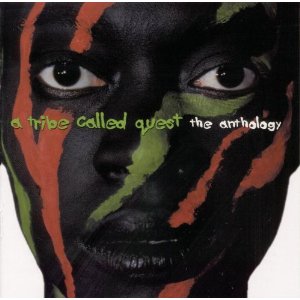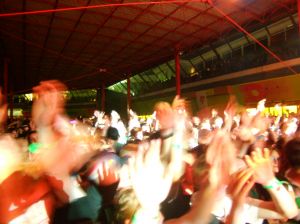Alternative hip hop, also known as underground hip hop, hit the US/UK music scene in the late 80’s. This form of hip hop continued to grow throughout the 90’s and still exists today. US Groups such as Digital Underground, The Fugees, A Tribe Called Quest, Stereo MC’s and UK artists such as The Streets, Skinnyman, Braintax all work within this intriguing genre to create music that’s new, fresh, and original.
Often filled with political undertones, social commentary, and personal affirmations, alternative hip hop artists strive to create music that’s forward thinking.
The Appeal of Alternative Hip Hop
Hip hop fans and music critics alike enjoy listening to alternative hip hop music for many of the same reasons. In addition to being easy to dance to or play at a party, the music is also different from other forms of hip hop because artists frequently take risks; for example, mixing disco with rap and country music. Furthermore, alternative hiphop lyrics can be seen as a form of poetry. Artists like Braintax like to tell stories through their rapping, and his lyrics form imagery, as well as making the listener think about some serious topics. For those looking for more than lyrics about bitches, guns and money, this form of hip hop is very appealing.
And since indie music in general has become more popular over the years, a new generation of music lovers has discovered the exploratory and intriguing beats and deep lyrics of alternative hip hop.
Collecting Hip Hop Records
With the on-going popularity of hip hop records (and record collecting in general), it shouldn’t be too difficult for those looking for alternative hip hop albums to find some in the stacks at local record shops or online. Given the fact that many alternative hip hop acts such as Digital Underground and The Fugees seldom perform, these albums may be worth more than others.
When collecting alternative hip hop albums, look for acts like Arrested Development, Jungle Brothers, Outkast or UK artists like Contact Play and Jam Baxter. With so many talented artists producing a wide variety of music, you can build an eclectic collection of old and new artists.
As with all ‘alternative’ music, alternative hiphop’s limited exposure could be just down to a lack of marketing, or a lack of appreciation for creativity and serious lyrics in the mass market. One thing is for sure though – if you can get past your prejudices of rap and hiphop music, and take some time to listen to some alternative hiphop artists, even the most adverse of us may be pleasantly surprised.
The Return of Vinyl
One could say that alternative music and vinyl records go hand in hand, since they are both out of the mainstream.
And although vinyl will never catch up with digital downloads, it is starting to appeal to a wider audience again, which now includes a bigger reach to a younger generation. To reach out to this new, expanding market, hip hop and other musical artists have started releasing singles as well as entire albums on vinyl again. Collectors should also check book shops, consignment shops, and junk shops as many of these outlets sell vinyl.

